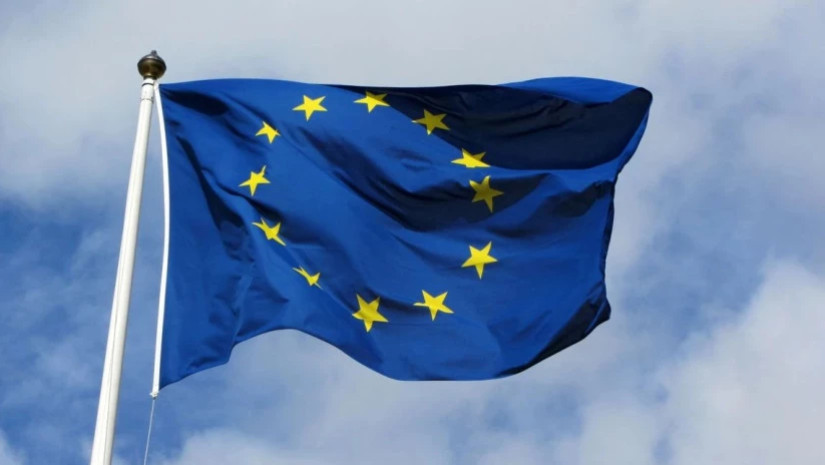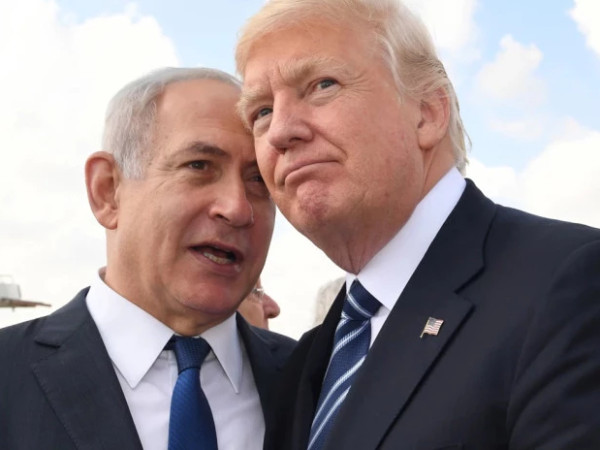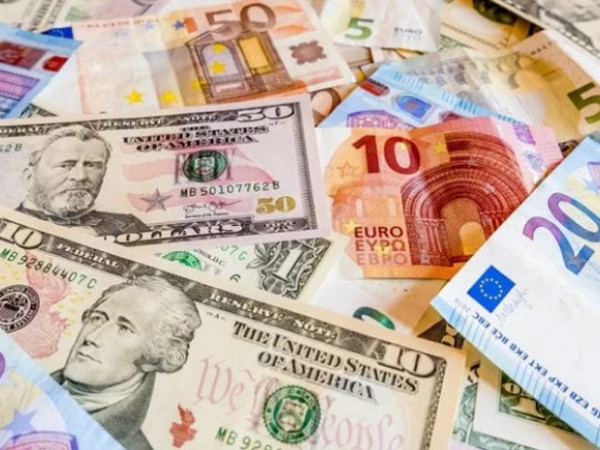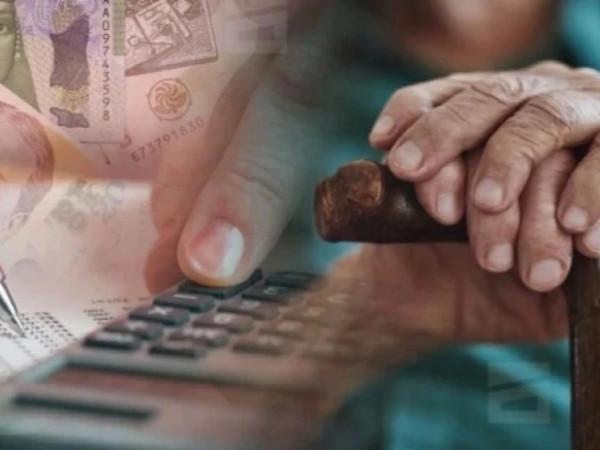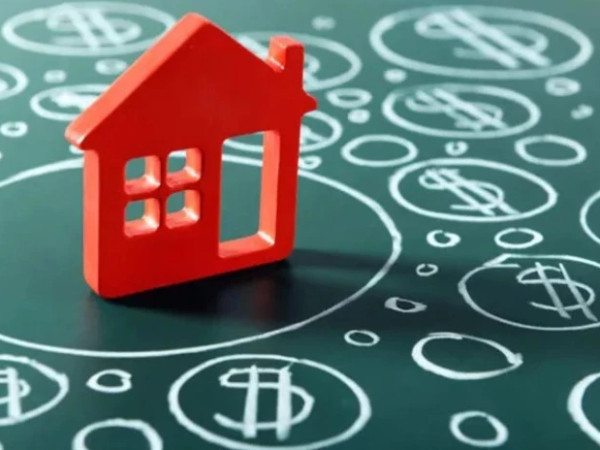The European Union has agreed to travel restrictions for Russian diplomats and a ban on liquefied natural gas imports, but has not yet adopted 19th package of sanctions against Russia through Austria and Slovakia. This was announced by the Presidential Commissioner for Sanctions Policy Vladislav Vlasyuk and Euobserver with reference to informed sources.
Under the new rules, Russian diplomats will have to obtain permission to cross the EU's internal borders under a special notification regime agreed upon by EU ambassadors in Brussels on October 8.
At the same time, Austria still requires legal clarification on the details of this mechanism, but, according to Euobserver, the issue is expected to be resolved in the coming days.
Vienna also insists on the creation of a special mechanism for unfreezing EUR 2 billion of Russian assetsto compensate for the losses of Raiffeisen Bank International (RBI), which was fined by Moscow.
None of the 26 other EU member states supported the Austrian proposal. More than ten countries, including Germany, strongly opposed the idea. Now, Austria must either withdraw this demand or veto the entire 19th package of sanctions.
According to the publication, a representative of Slovakia refused to support the new sanctions, saying that the EU's climate change policy is harming the country's automotive industry.
Spain called for "better coordination" between fossil fuel phase-out plans and anti-Russian sanctions, but did not block the package's adoption.
Diplomats expect Slovakia to eventually change its position before the October 20 meeting of EU foreign ministers or the October 23 EU summit, while Austria's position remains uncertain.







